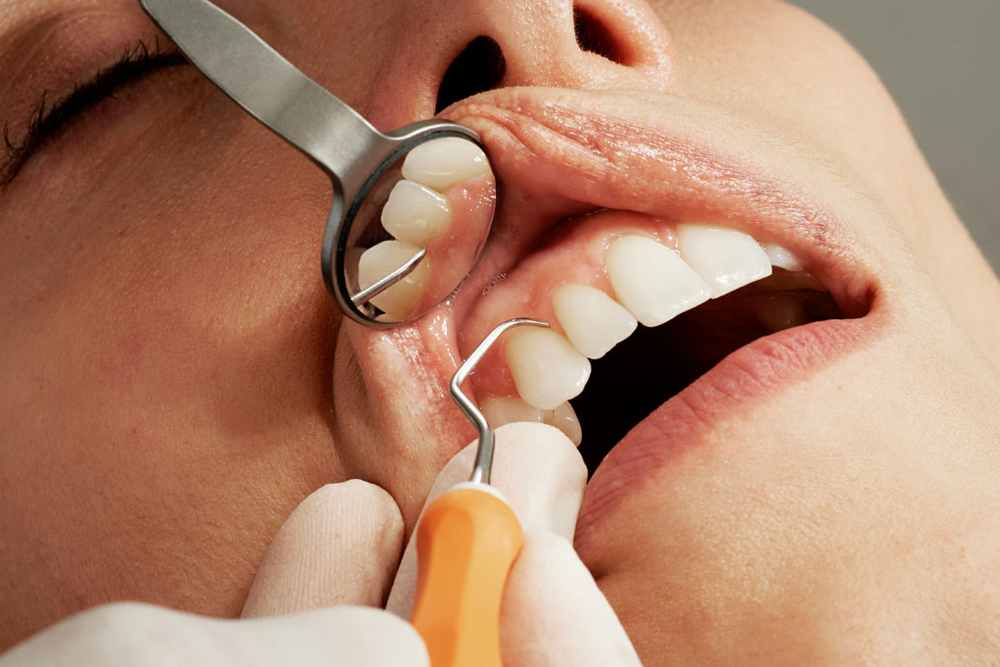Gum diseases (periodontal diseases) are serious oral health problems that affect the health of the soft tissues surrounding the teeth and the jawbone. While it starts with gingivitis (gum inflammation) in the early stages, it can turn into a condition called periodontitis in the advanced stages, which can progress to tooth loss. In this article, we will examine the symptoms, causes, treatment methods, and prevention of gum diseases in detail.
What are Gum Diseases?
Gum diseases are infections that start with the accumulation of plaque and tartar formed by bacteria and affect the jawbone when not treated. It is one of the most common causes of tooth loss in the world and early diagnosis is very important as it usually progresses insidiously.
Symptoms of Gum Diseases
- Gum bleeding and redness
- Swelling and sensitivity
- Bad breath (halitosis)
- Gum recession
- Loose teeth
- Discomfort when biting
Causes of Gum Diseases
1. Bacterial Plaque and Tartar
The most common cause is plaque buildup that occurs when regular brushing and flossing are not performed.
2. Smoking and Tobacco Use
Smoking accelerates the progression of the disease by disrupting the blood circulation of the gums.
3. Genetic Predisposition
The risk is higher in people with a family history of gum problems.
4. Hormonal Changes
Gums become more sensitive during pregnancy, menopause, and adolescence.
5. Inadequate Oral Hygiene and Nutrition
Vitamin deficiencies (especially vitamin C) and poor oral hygiene negatively affect gum health.
Treatment of Gum Diseases
The treatment process varies depending on the stage of the disease. While simple cleaning is sufficient in the early stages, surgical interventions may be required in advanced stages.
1. Professional Tartar Cleaning
Gums are made healthy by cleaning bacterial plaque and tartar.
2. Curettage and Root Surface Planing
Infected tissues under the gums are cleaned and the root surface is smoothed.
3. Medication Treatment
Supportive treatment can be applied with antibiotics and antiseptic solutions.
4. Periodontal Surgical Methods
In advanced cases, flap operations, bone grafts, or regenerative surgery methods can be used.
Prevention of Gum Diseases
- Regular brushing (twice a day)
- Use of floss and mouthwash
- Dental check-up every 6 months
- Avoiding smoking
- Balanced nutrition
